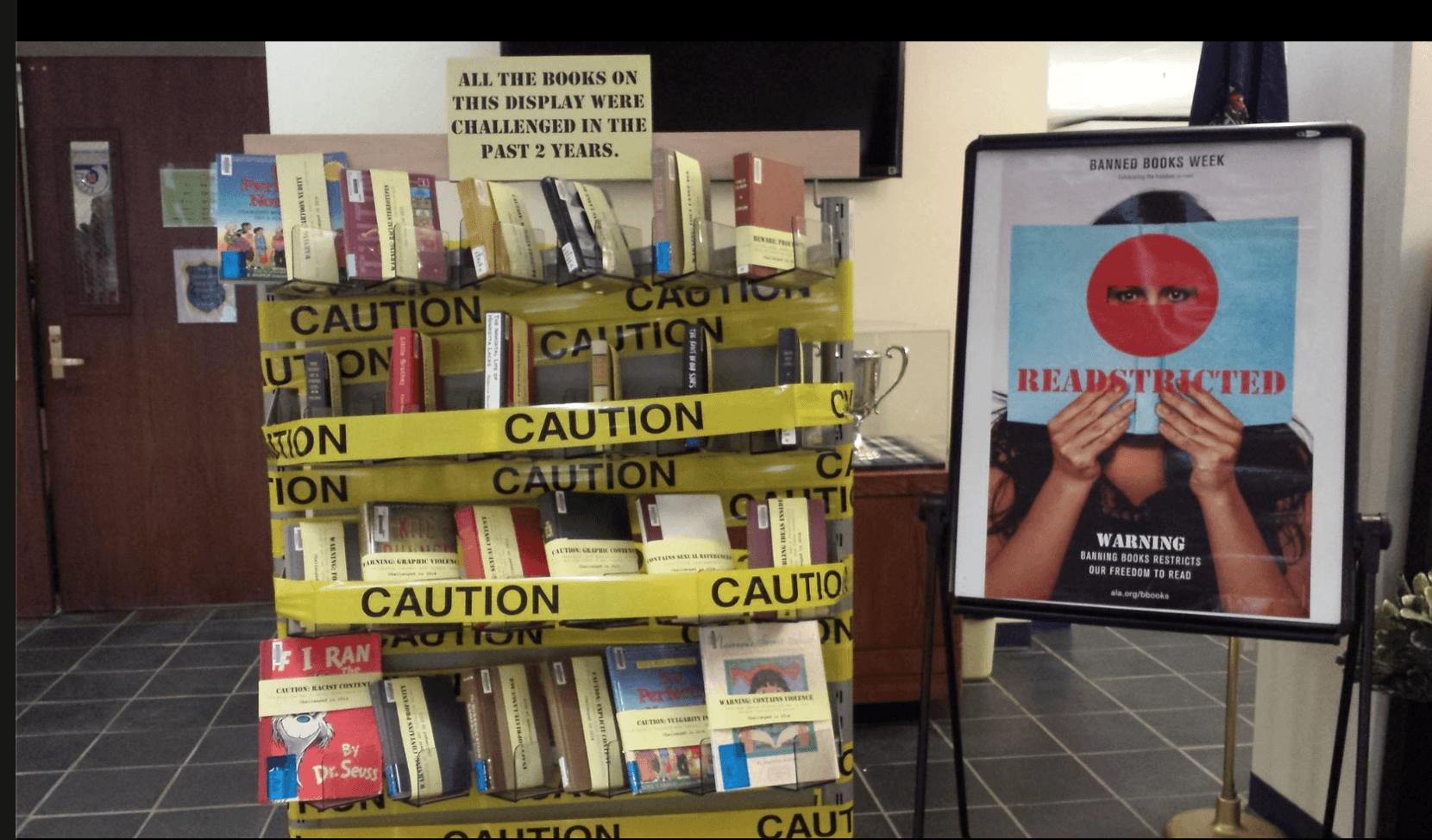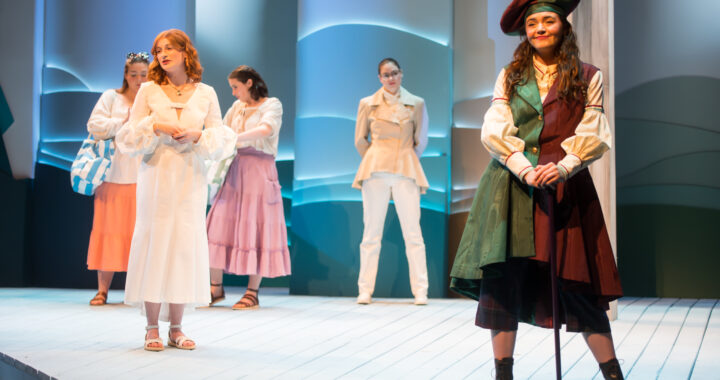Banned books threaten libraries, freedom of choice
3 min read
Katherine Bartles
By ELIZABETH BEAUCHAMP
The American Library Association heads the national movement “Celebrating the Freedom to Read” by offering webinars and resources to librarians throughout the country to assist them when they are presented with a challenged book.
According to the American Library Association, book challenges are attempts to “remove or restrict materials, based upon the objections of a person or group.”
Simpson Library celebrated the right to read by pulling books off of the shelves that were on the ALA’s list of banned books. The ALA believes that challenging and the attempts to ban books provide “threats to freedom of speech and choice.”
The banned books on display in the lobby of the library have raised students’ awareness of the movement to restrict access to certain books, said Sciences Librarian Erin Morris.
Morris supported the awareness by saying, “As a librarian, I really do support the freedom to read. I’ve been happy to see a lot of people coming into the library to take a look at the banned and challenged books on our display.”
Although, according to Rosemary Arneson, the university’s head librarian, none of the books have ever been challenged at the Simpson Library. However, the book “The Immortal Life of Henrietta Lacks,” which was a required read for freshman seminars this year, was challenged by a mom in Tennessee for “pornographic content.”
For reasons including offensive language, violence, homosexuality and rape, Khaled Hossieni’s “Kite Runner” and Stephen Chboksy’s “The Perks of Being a Wallflower,” are among these other books that are challenged.
Even though the reasons for challenging books are almost always supported, both “Kite Runner” and “The Perks of Being a Wallflower” are popular novels that present real-world conflicts and situations which should not be reprimanded but highlighted, in order to enlighten readers.
Therefore, the mission of the ALA and Banned books week is to maintain access to information and opinions even if the ideas are unpopular.
In some cases, however, book challenges are successful in banning books from students. For instance, John Green’s “Fault in Our Stars” is on the challenged display for containing themes of “Teenage Mortality.”
According to Meg Gibson’s article in “Time”, the novel was banned from the reading list and the shelves of a middle school in California. John Green issued a response to this banning of his novel via his personal tumblr account, “…I am also sad because I was really hoping I would be able to introduce the idea that human beings die to the children of Riverside, California and thereby crush their dreams of immortality.”
In this case it would appear that parents on the school board only wanted to protect their children, but those in support of the ALA would view it as limiting the access of information to other students.
Banned Books Week is an outward message to those who seek to restrict literary freedom: the threat to freedom of speech and choice will not be met without a fight.











